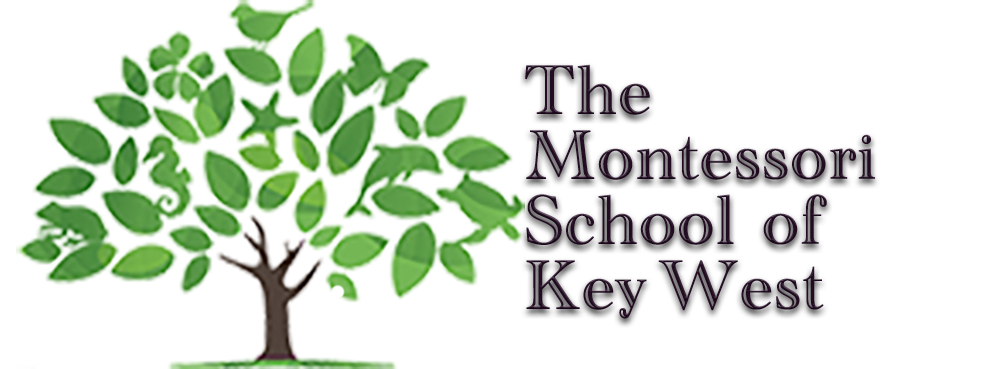
A Sample Unit of Study
(Ancient Greece)
The Land • The Flora and Fauna at that TIme • The Climate • Where Were Their Important Communities Located? Why There? • Agriculture and Animal Husbandry or Herding • Obstacles to easy transportation • Diet & Cuisine • Housing • Dress • Social Classes • Tools, Technology, and Industry • The Local Economy • Trade With Others Peoples? • Public Buildings • Religion & Myth • Entertainment • Surviving Artifacts • Surviving Literature • Decoration • Conflict With Others? • Government • Medicine • Lives of Woman & Children • Poverty and/or Servitude? • Handcrafts • Surviving Art • Surviving Music • Dance • Important Festivals and Celebrations • What else was happening in the world during this time period? • How Do We Know About These People Today?
The Integrated Montessori Curriculum
Our curriculum is one of integrated studies, rather than a traditional model in which the course of study is compartmentalized into separate subjects, with given topics considered at specific grade levels.
Lessons are introduced simply and concretely in the early years, then re-explored in greater depth several times during the following years at increasing degrees of abstraction and complexity.
Our course of study is an integrated thematic approach that ties the separate disciplines of the curriculum together into studies of the physical universe, the world of nature, and the human experience.
This integrated approach is one of our school’s great strengths at every age level.
We offer a rigorous, yet innovative, college preparatory program academic program.
Within a warm, supportive academic atmosphere, we set a high level of expectation for the quality of thought, work, and mastery of content and skills.
As students reach the upper elementary years, they are challenged to pursue a considerable amount of library and field research both in and outside of school. In preparation for college, we consciously teach students how to develop effective work habits, writing skills, and test-taking strategies. Most of our own evaluation, however, will involve portfolio preparation, student self-evaluation, oral explanation, and essay examination.
The following links lead to a brief overview of our core curriculum in the areas of language arts, mathematics, social studies, science, sensory training, and practical life for our students age 3 through the upper elementary level. Please keep in mind that this only represents an overview of the course of study, and is not meant to be complete.
Since our students progress at their own pace, it is not possible to divide up the curriculum by specific grade levels.
a different approach
Montessori School Curriculum
Our curriculum is one of the integrated studies, rather than a traditional model in which the course of study is compartmentalized into separate subjects, with given topics considered at specific grade levels..
Sensorial Education
Ages 3 to 12 years
Practical Life Skills
Ages 3 to 5 years
Language Arts
Ages 3 to 6th grade
Mathematics & Geometry
Ages 3 to 12 years
Geography
Ages 3 to 7 years
Science
Ages 3 to 12 years
History
Ages 3 to 12 years
Community Expeditions
Our elementary and middle school students go out into the community to learn about our businesses and institutions first hand.
